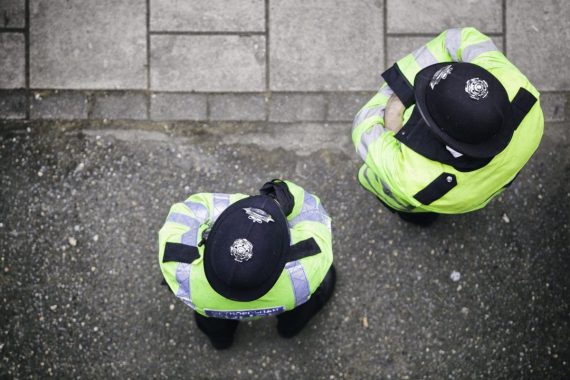Police request GP records to test rape victim ‘credibility’, finds Home Office

The police are requesting GP records and other personal data in order to establish ‘victim reliability’ in nearly a third of rape cases, according to a Government report.
A Home Office review, published last week, provided an update on progress to increase the number of adult rape cases reaching court, and included commitments regarding police requests to third parties, such as for medical and social service records, or counselling notes.
The department conducted a case review of 139 cases from earlier this year which included 342 third party requests, of which 71% related to GP records.
And of the nearly 200 rationales given by the police for these requests, just under a third (32%) focused on backing up the victim’s credibility rather than understanding the facts of the incident.
Following this case file review, along with a recent consultation which involved third parties such as GPs, the Government committed in May to legislating to ensure such requests are ‘necessary and proportionate’.
This will come as part of the Victims and Prisoners Bill which was introduced earlier this year.
The review published last week said: ‘In doing so, we want to help bolster confidence in the system, ensure continued engagement in criminal investigations, bring more perpetrators to justice, and honour our commitment to legislate to protect victims from unnecessary, intrusive requests.’
The Home Office has said the responses to its consultation on police requests for third party material ‘suggest that this aspect of the criminal justice system is not functioning effectively’.
The summary of responses said: ‘The majority of respondents indicated that third party material (TPM) requests about victims of rape and other sexual offences (RAOSO) crimes can sometimes be unnecessary and disproportionate, and made to establish victim credibility, that is, whether the victim has a history of being truthful, as opposed to the facts of the case.’
As well as implementing legislation, the Home Office has also committed to developing a new code of practice for requesting third party material.
In its report, the Home Office said the case file review, which covered eight police forces, is not representative of all rape cases but ‘provides an insight into rape investigations’.
In 2021, the GMC and GPs raised serious concerns with the Government’s crime Bill – which has since become the Police, Crime, Sentencing and Courts Act 2022 – fearing it would give police powers to force GPs to disclose more patient information without necessary safeguards.
Related Articles
READERS' COMMENTS [1]
Please note, only GPs are permitted to add comments to articles










It’s important that, with patients’ consent, GPs do liaise with police as to the facts of the matter and in appropriate context. The patient should, within the bounds of good practice, be in control of what information is shared with police. Is there evidence that such requests by police have been used to discredit rape victims?